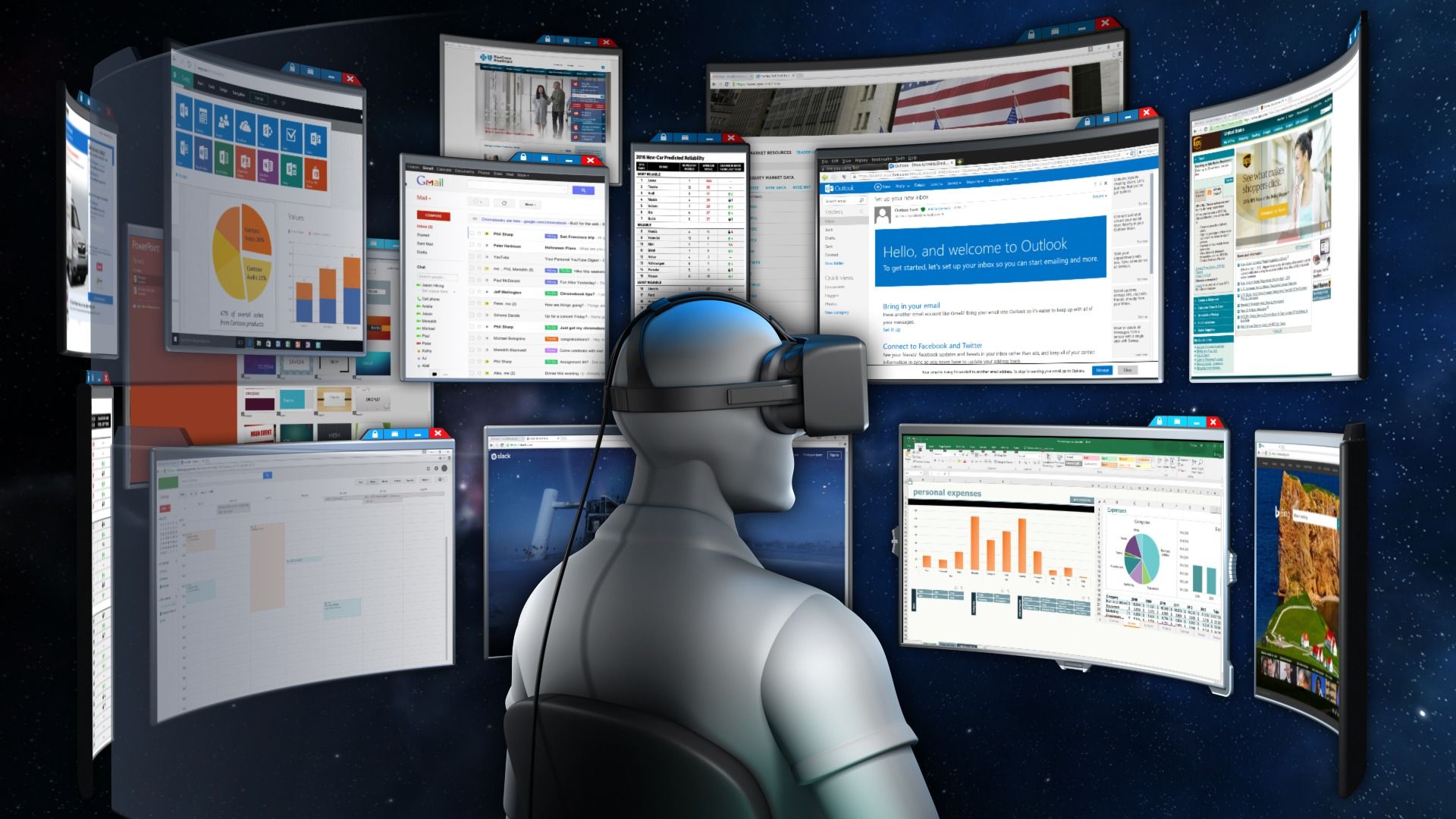Archive for the ‘business’ category: Page 266
Aug 15, 2016
Improved Safety Standards and Changing Regulatory Scenario to Boost the Global Aircraft Synthetic Vision System Market Through 2020: Technavio
Posted by Karen Hurst in categories: business, computing, military
LONDON—(BUSINESS WIRE)—Technavio’s latest report on the global aircraft synthetic vision system (SVS) market provides an analysis on the most important trends expected to impact the market outlook from 2016–2020. Technavio defines an emerging trend as a factor that has the potential to significantly impact the market and contribute to its growth or decline.
Improved safety standards and changing regulatory scenario to boost the aircraft SVS market until 2020. Tweet this
An SVS is a computer-mediated reality system for aerial vehicles, which uses 3D technology to provide pilots with a clear understanding of their flying environment. It was developed by NASA and the US Air Force in the late 1970s and 1980s, in support of air safety and advanced cockpit research.
Aug 14, 2016
Tim Cook, the interview: Running Apple ‘is sort of a lonely job’ — By Jena McGregor | The Washington Post
Posted by Odette Bohr Dienel in category: business
“Apple’s CEO talks iPhones, AI, privacy, civil rights, missteps, China, taxes, Steve Jobs — and steers right past the car rumors”
Tag: Apple
Aug 12, 2016
Commercial Space Travel And Colonization: SpaceX, NASA, And NextSTEP Make Preparations For Lift Off
Posted by Andreas Matt in categories: business, Elon Musk, space travel, sustainability

https://youtube.com/watch?v=Ndpxuf-uJHE
Commercial space travel is about to become a reality brought about by many private companies bent on taking their earthbound successes into space. The FAA is now open to granting permits to private companies to travel into space. It is hoped that this activity will lead to the colonization of Mars.
Elon Musk of SpaceX has the goal of beginning the colonization of Mars in the next decade. He plans to make commercial space travel and colonization a reality in his lifetime, according to The Washington Post. Mr. Musk is the mastermind behind both Tesla and SpaceX. He is one of the most brilliant minds of our time. An innovator and businessman, Elon has a track record of making dreams a reality and turning his plans into tangible results. Comparing his project to the colonization of America, Mr. Musk explains why he thinks people will agree to move to mars.
Aug 9, 2016
Seagate’s new 60TB SSD dwarfs the others on the market
Posted by Shailesh Prasad in categories: business, computing
Seagate has just announced a whopping 60 TB solid-state-drive, the largest SSD yet with that sort of capacity. Unfortunately, the SSD is only meant for businesses, released as an addition to Seagate’s data center portfolio. With four times the capacity of the next leading SSD, this massive hard drive could hold up to 12,000 DVD movies or even a whopping 400 million photos. Just sit back and think about how ridiculous an amount of data that really is.
The drive was created with quick accessibility in mind, and its flexibile artchitecture means it’ll be simple for data centers to grow from 60TB to accommodate 100TB or more of data in the future, all using the same form factor.
The 60TB SAS SSD is only available right now for demonstration, though it will officially make its debut some time in 2017. Unfortunately, we don’t yet know exactly what the drive itself will look like, though given the fact that it’s just a SSD, I can’t imagine it’ll look especially wild.
Aug 9, 2016
Future of sport, technology, genetics and business
Posted by Karen Hurst in categories: biotech/medical, business, genetics
Now, there is a question that must be asked when it comes to atheletes and CRISPR. As we have seen over the years with doping/ atheletic enhancing drugs, etc. how will we know for sure that an athelete from China, Russia, or even US was not enhanced as an embryo with CRISPR to be a superior athelete? Sure we can claim to set up a world wide database; however, in lile all things done before not everyone plays by the rules.
The future of sport, and how technology and genetics may change it, and the lesson for business.
Aug 5, 2016
I Worked in a VR Office, and It Was Actually Awesome
Posted by Shailesh Prasad in categories: business, computing, virtual reality
Consider the paradox of the modern business office: It’s a place of productivity where busy people meet deadlines, yet it’s teeming with distractions.
Companies are loading up on game rooms and snack bars, while 70 percent of American offices have adopted an open-office floor plan. The hope for open offices was to encourage random hallway banter, which can lead to innovation, but it’s not working out so great. Turns out privacy is a necessary condition for supporting productive people.
To end the oppression of open offices, several startups are building workstations of the future: software that pulls everything we normally do on a computer inside of virtual reality (VR). After all, what’s more private than a VR display around your head?
Continue reading “I Worked in a VR Office, and It Was Actually Awesome” »
Aug 5, 2016
This startup uses machine learning and satellite imagery to predict crop yields — By Alex Brokaw | The Verge
Posted by Odette Bohr Dienel in categories: big data, business, machine learning, satellites, space
“Instead, Descartes relies on 4 petabytes of satellite imaging data and a machine learning algorithm to figure out how healthy the corn crop is from space.”
Aug 2, 2016
Big Data’s Role in 3D Printing
Posted by Karen Hurst in categories: 3D printing, biotech/medical, business, information science
Big Data and 3D.
3D printing remains one of those technological areas that holds a great amount of fascination. What began as a type of niche market has expanded rapidly in the past few years to encompass nearly every industry out there, from the medical field to manufacturing.
The outlook is a positive one in terms of 3D printing’s future, with Gartner predicting the amount of spending on 3D printers to exceed more than $13 billion in 2018. While 3D printing has always held a lot of promise, one of the factors truly taking the concept to the next level is big data.
Jul 30, 2016
Tesla Launches Gigafactory | Tesla Motors
Posted by Odette Bohr Dienel in categories: business, Elon Musk, energy, environmental, physics, solar power, transportation
Tag: Tesla
















